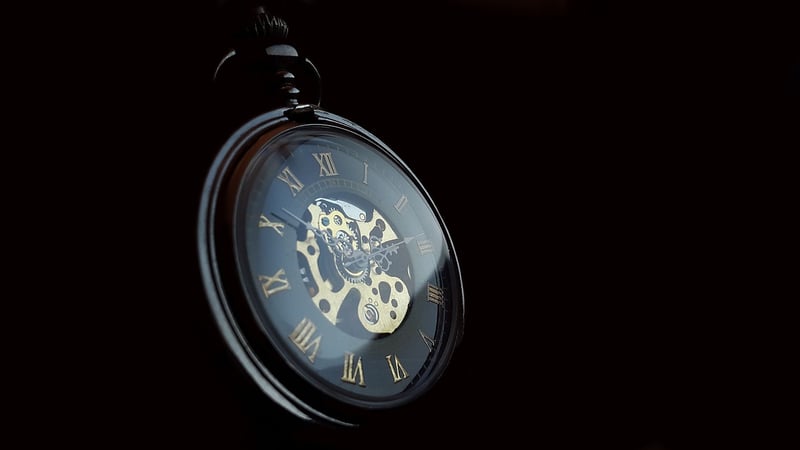Causality Loops
The Dangers of Altering Time and Causality Loops
Time travel has been a popular concept in science fiction for decades, captivating audiences with the idea of changing the past or future. While the idea of altering time may seem intriguing, it comes with significant dangers and consequences that are often portrayed in movies and books. One of the most complex and intriguing dangers is the concept of causality loops.
Understanding Causality Loops
Causality loops, also known as causal loops or predestination paradoxes, are situations where an event is its own cause. This creates a loop in which the event is both the cause and the effect of itself, leading to a self-perpetuating cycle with no discernible origin. In the context of time travel, causality loops can have profound and unpredictable consequences.
The Grandfather Paradox
One of the most famous examples of a causality loop is the Grandfather Paradox. In this scenario, a time traveler goes back in time and inadvertently prevents their grandfather from meeting their grandmother, thus preventing their own birth. This raises the question: if the time traveler was never born, how could they have traveled back in time to alter the past?
The Butterfly Effect
Another danger of altering time is the Butterfly Effect, a concept popularized by chaos theory. The Butterfly Effect suggests that small changes in the past can have far-reaching and unpredictable consequences in the future. This means that even minor alterations to the timeline can have catastrophic effects on the present and future.
Conclusion
While the idea of time travel and altering causality may be fascinating, it is essential to consider the potential dangers and complexities involved. Causality loops and the Butterfly Effect highlight the intricate and delicate nature of time, emphasizing that even the smallest change can have significant repercussions. As we continue to explore the possibilities of time travel in fiction and theory, it is crucial to approach the subject with caution and respect for the laws of causality.


